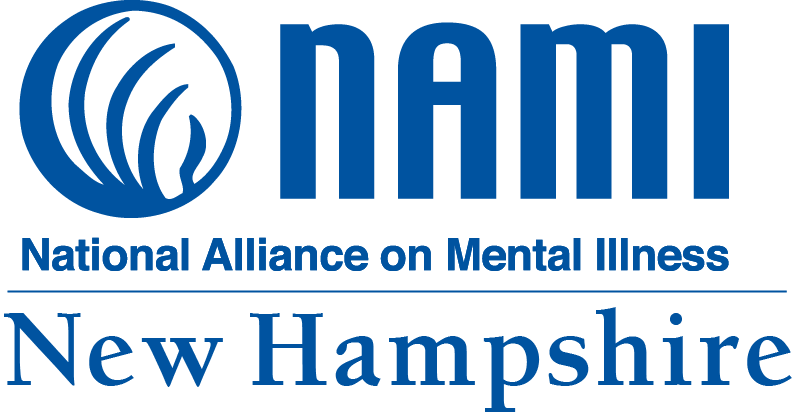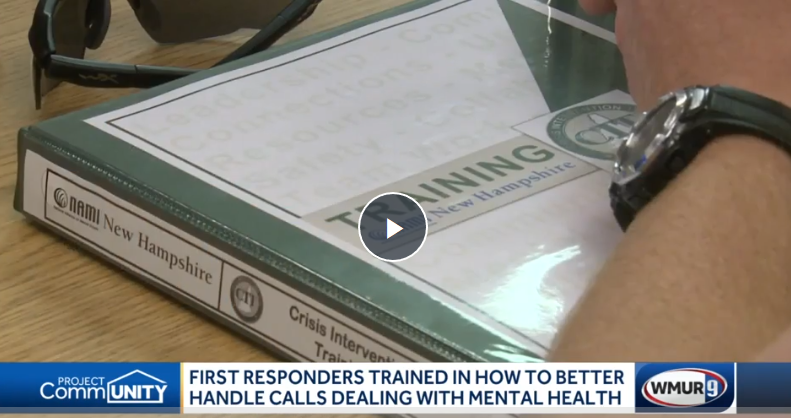Crisis Intervention Team (CIT) Mental Health Awareness & De-escalation Training for Police/Fire/EMS

NAMI New Hampshire is presenting the Crisis Intervention Team (CIT) Program to law enforcement and first responders in NH began as part of a 3-year grant from the Substance Abuse and Mental Health Services Administration (SAMHSA). We are now in the beginning of an expansion grant that will allow us to continue to deliver CIT to our first responders for five years. We are also working with the Police Standards and Training Council to deliver four CIT programs. We will also be delivering CIT refresher classes for any law enforcement that have been previously trained.
The 40-hour CIT program originated in 1988 in Memphis, TN after an officer-involved shooting of an individual with mental illness. CIT highlights best practices, improves community partnerships, and helps communities develop processes to serve people affected by mental illness with respect and dignity.
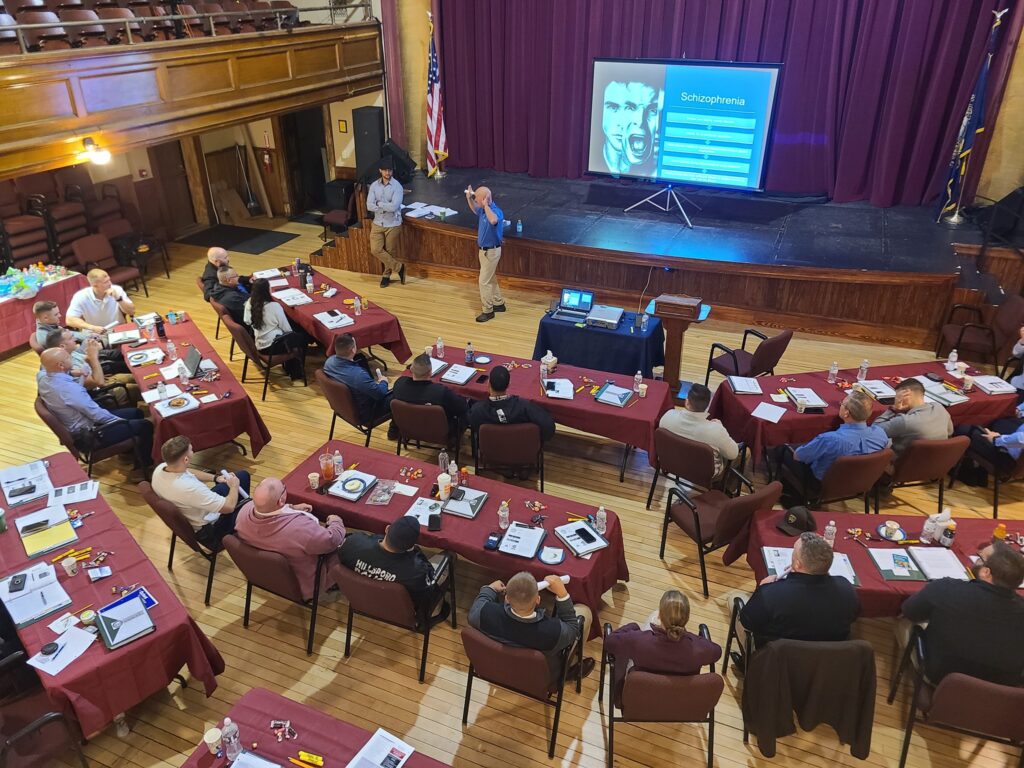



NH CIT Program Feedback
Topics covered during the 40-hour trainings include:
- Rights and Civil Commitment Laws, Mental Health/Drug Courts
- Disabilities
- Suicide Intervention
- Alzheimer’s Disease & Other Forms of Dementia
- Borderline Personality Disorders
- PTS, Veterans, and Individuals Experiencing Homelessness
- Psychopharmacology
- Child & Adolescent Mental Health Issues
- Substance Use and Co-occurring Disorders
- Cultural Issues, Resettlement Areas, and Approaching Mental Illness
- Introduction to Verbal Techniques
- Stages of Escalating Crisis
- Basic De-escalation and Intervention Strategies
- Advanced Verbal Techniques
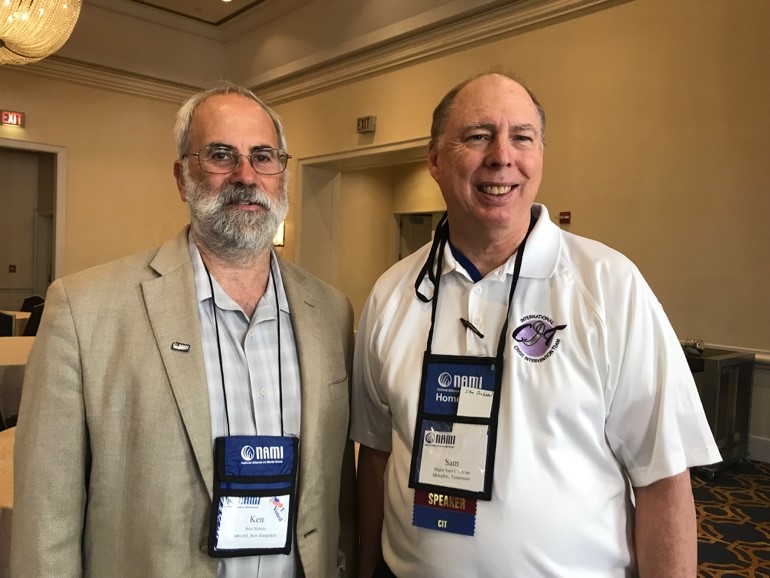
In addition to in-classroom training, participants also visit community locations like New Hampshire Hospital and community mental health centers. NAMI New Hampshire is conducting several trainings over the 3-year project period.
Through the Crisis Intervention Training for New Hampshire’s First Responders Project, NAMI New Hampshire and its partners will train 435 NH State Police (NHSP) and Fire/Emergency Medical Services personnel (Fire/EMS) to recognize signs and symptoms of mental illness, provide them with the skills to effectively de-escalate situations and make appropriate referrals to community mental health services in order to ensure the safety of individuals with mental illness, First Responders and the general public.
Mental Health First Aid for CIT
On December 1, 2022 NAMI NH certified 15 new Mental Health First Aiders (MHFA) in our first responder community.
WHY MENTAL HEALTH FIRST AID? Mental Health First Aid for Fire/EMS/Public Safety teaches you how to identify, understand and respond to signs of mental illnesses and substance use disorders. This training gives you the skills you need to reach out and provide initial support to someone who may be developing a mental health or substance use problem and help connect them to the appropriate care.
Mental Health First Aid for Fire/EMS focuses on the unique experiences and needs of firefighters and EMS personnel and is a valuable resource that can make a difference in their lives, their coworkers’ and families’ lives, and the communities they serve.
Mental Health First Aid for Public Safety focuses on the unique experiences and needs of public safety personnel and is a valuable resource that can make a difference in their lives, their coworkers’ and families’ lives, and the communities they serve.
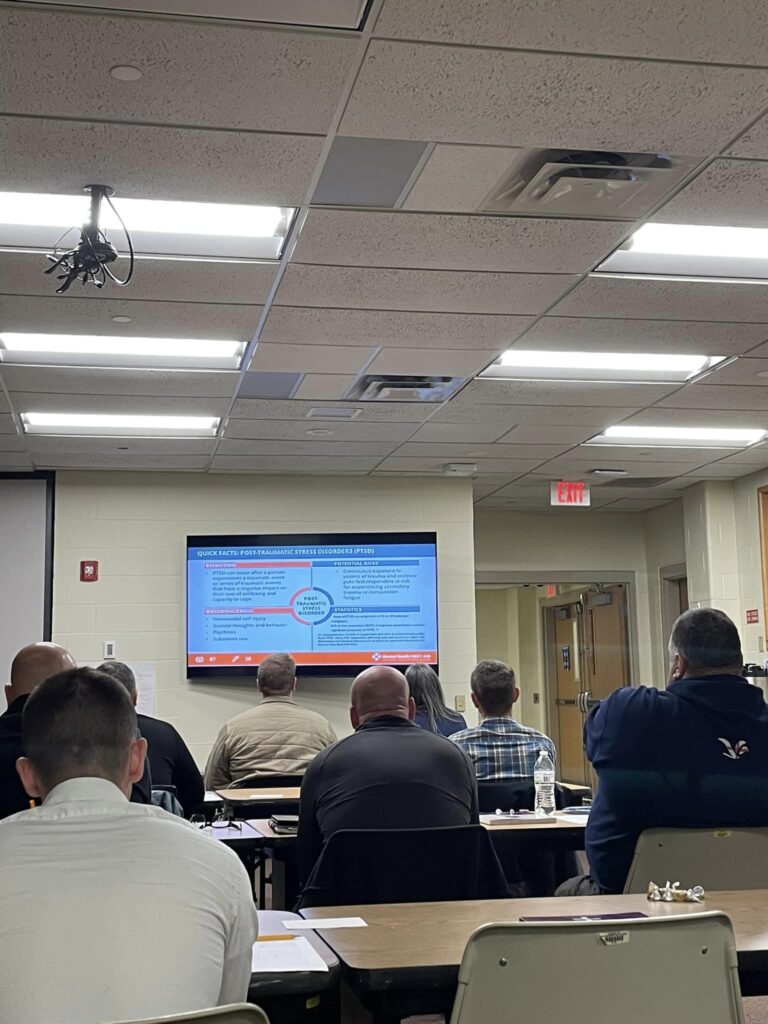
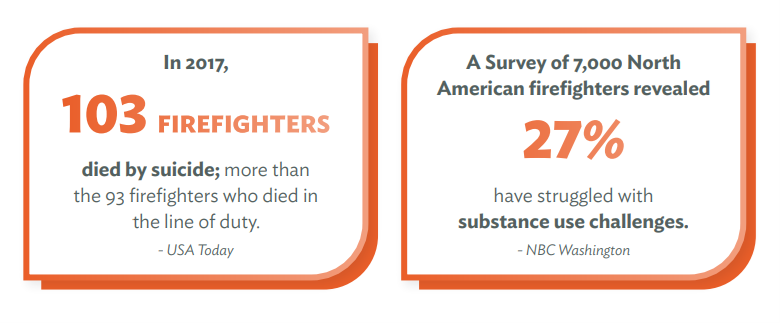
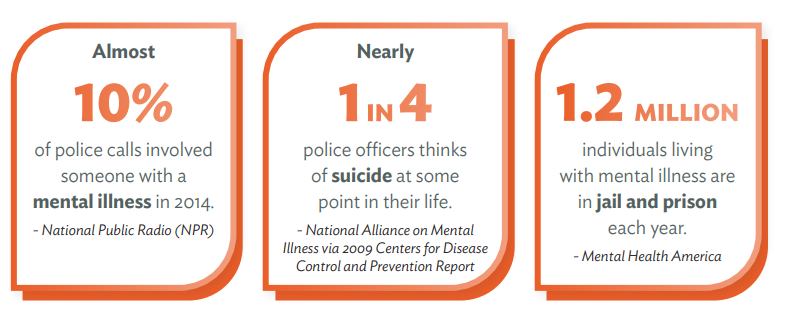

Resources
Information for NH Law Enforcement Agencies on Reimbursement for CIT Attendance Expenses
Involuntary Emergency Admissions (IEAs) in NH – A Judicial Primer on Navigating the Process
NH Rapid Response Access Point Webinar
NH Rapid Response Access Point Brochure
Protecting the mental health of first responders during a pandemic – Amy Morgan, MSC, CFRC(D), TECC-LEO
New Training Brings Together NH First-Responders and People with Mental Illness – NHPR
Officer Talks Despondent Man Off I-95 Bridge – Union Leader
Upcoming Trainings
Registration is required for all of the sessions below. Links for registration are updated as they go live.
The programs hosted by PSTC are strictly intended for local law enforcement. If you have any questions, contact Sallen@naminh.org.
August 2024
CIT
Audience: Law Enforcement/Fire/EMS/Any first responder
Location: Colebrook Fire Department
18 Pleasant Street, Colebrook, NH
Date: August 5-9, 2024
Time: 08:00-16:00
Registration for law enforcement: Secure.benchmarkonline.app/login
Registration for all other first responders: https://nhfa-ems.com/scheduled-courses/
*If you are having difficulty registering, please email Sallen@naminh.org for registration details.

For more information on the Crisis Intervention Team (CIT) Program, contact NAMI New Hampshire’s Susan Allen-Samuel, CIT Coordinator at sallen@NAMINH.org.
This training is made possible through a grant from the Substance Abuse and Mental Health Services Administration (SAMHSA).

